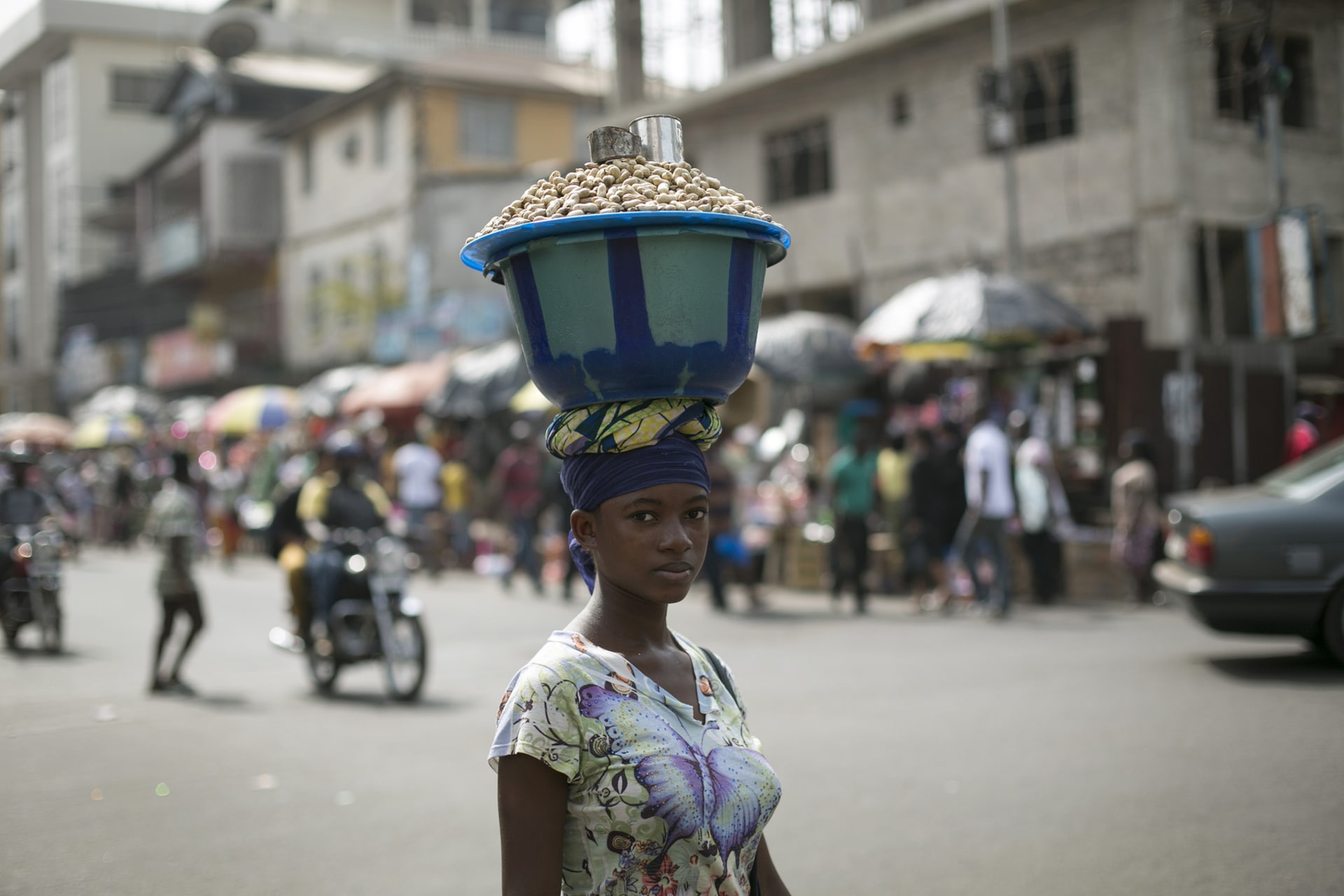Women This Week: Women’s Rights Victory in Sierra Leone
Welcome to “Women Around the World: This Week,” a series that highlights noteworthy news related to women and U.S. foreign policy. This week’s post covers January 21 to January 27.

By experts and staff
- Published
Gender Equality Law Promotes Female Employment
Sierra Leone passed landmark legislation last week aimed at advancing women’s rights. “[N]ow that we have a stable and peaceful Sierra Leone, we cannot afford to have women, who make up 52% of our population, not featuring prominently in politics and leadership,” said Sierra Leone President Julius Maada Bio. The law, called the Gender Equality and Women’s Empowerment Act (GEWE), requires public and private employers to reserve 30 percent of jobs for women, including leadership positions, and stipulates that 30 percent of candidates put forward by any political party for parliamentary and local elections must be female. It also extends maternity leave to fourteen weeks, mandates equal pay, and grants women equal access to financial support and training opportunities, among other provisions. The law includes significant repercussions for failure to comply. Manty Tarawalli, minister of gender and children’s affairs, lauded the GEWE, but noted, “[M]ore steps will have to be taken before the country can say fairness has been achieved across the genders.”
United States Marks the 50th Anniversary of Roe v. Wade
On Sunday—the 50th anniversary of the now overturned Roe v. Wade decision—the Women’s March held events across the United States in support of abortion rights. Roughly 200 local events were planned in 46 states. Vice President Kamala Harris spoke at an event in Tallahassee, Florida. “America is the land of the free and the home of the brave. But let us ask: Can we truly be free if a woman cannot make decisions about her own body?” she said. Last Friday, anti-abortion advocates also held a rally in Washington, D.C.—the March for Life—drawing tens of thousands of participants.
Kidnapped Women and Girls Released in Burkina Faso
Sixty-two women and girls who were kidnapped in Burkina Faso earlier this month were freed last Friday. Thirty-nine of the abductees were under the age of eighteen, and four babies were released with the women. The military has not provided any details regarding how the women and girls were freed, and it is not clear if any are still being held or if any were killed. The Government of Burkina Faso and jihadist groups have been engaged in a protracted conflict in the northern and eastern parts of the country, resulting in high levels of violence, displacement, and a growing humanitarian crisis.